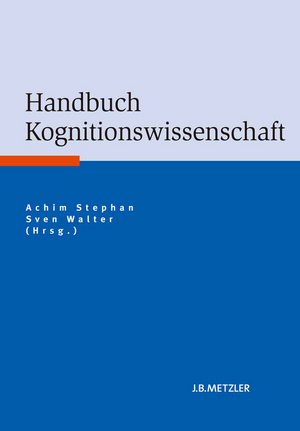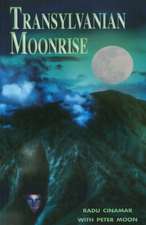Handbuch Kognitionswissenschaft
Editat de Achim Stephan, Sven Walterde Limba Germană Hardback – 20 sep 2013
Preț: 246.90 lei
Nou
Puncte Express: 370
Preț estimativ în valută:
47.25€ • 49.05$ • 39.40£
47.25€ • 49.05$ • 39.40£
Carte tipărită la comandă
Livrare economică 21-27 martie
Preluare comenzi: 021 569.72.76
Specificații
ISBN-13: 9783476023315
ISBN-10: 3476023311
Pagini: 500
Ilustrații: XIII, 582 S.
Dimensiuni: 170 x 244 x 38 mm
Editura: J.B. Metzler
Colecția J.B. Metzler
Locul publicării:Stuttgart, Germany
ISBN-10: 3476023311
Pagini: 500
Ilustrații: XIII, 582 S.
Dimensiuni: 170 x 244 x 38 mm
Editura: J.B. Metzler
Colecția J.B. Metzler
Locul publicării:Stuttgart, Germany
Recenzii
“The Handbuch Kognitionswissenschaft forms an invaluable source of information for any cognitive scientist or student with a basic familiarity with cognitive science. … the Handbuch Konitionswissenschaft offers a up-to-date, comprehensive view of the state of cognitive science that currently no other handbook can offer in this form. It is thus an essential volume for any student and practitioner of cognitive science, as well as to any scientist interested in cognition.” (Radoslaw Martin Cichy, Phenomenology and the Cognitive Sciences, Vol. 15, 2016)
Notă biografică
Achim Stephan, Professor für Philosophie der Kognition; Sven Walter, Professor für Philosophie des Geistes, beide Universität Osnabrück
Caracteristici
Geschichte, Disziplinen und aktueller Forschungsstand Mensch und Maschine: Strukturmodelle kognitiver Systeme Kognitionswissenschaft der Zukunft: von Affective Science über kognitive Poetik bis Neuroökonomie und Neuroethik












